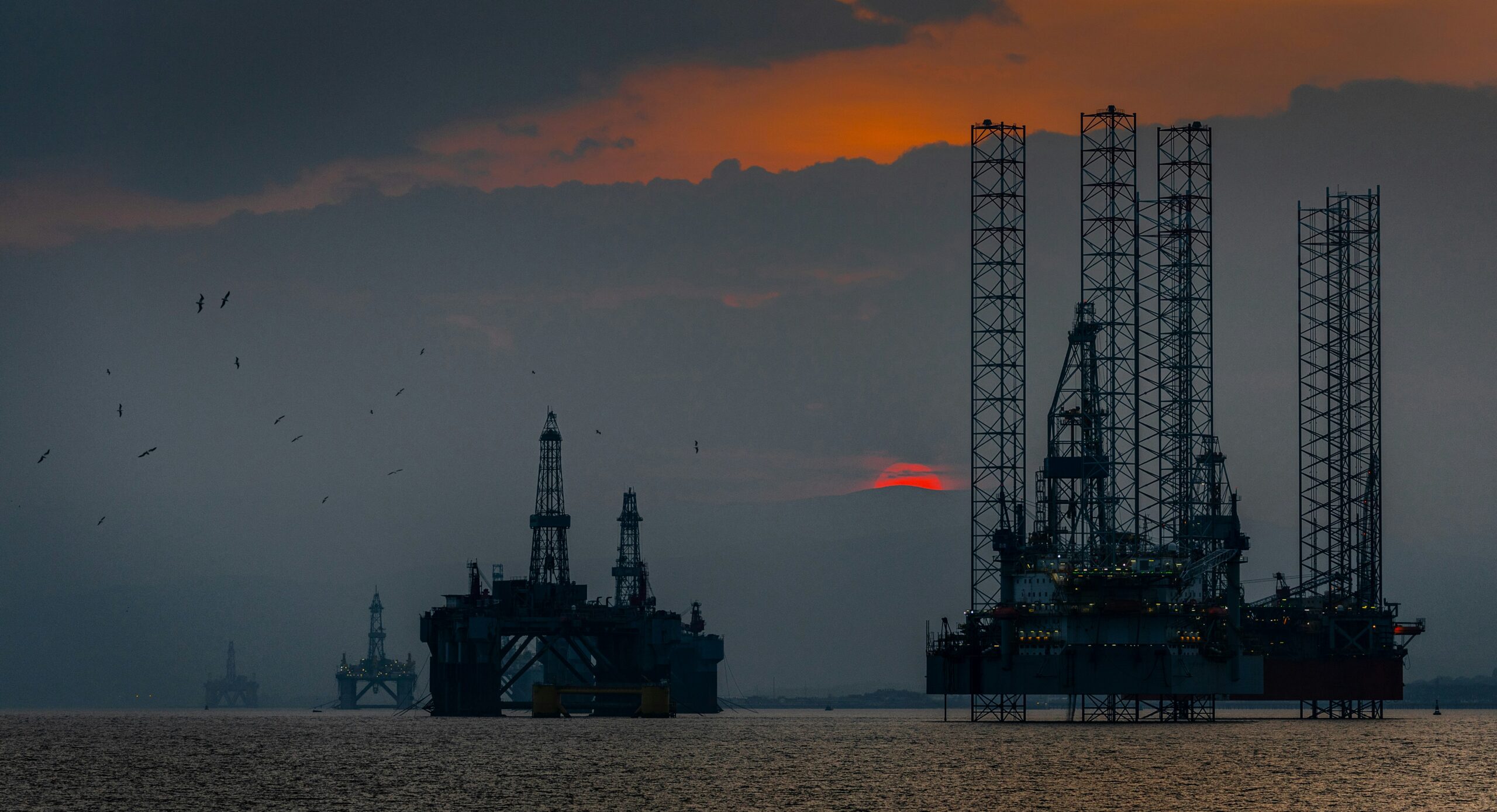Deep within the oceans, thousands of meters below the surface, lie large mineral deposits. These minerals play a crucial role in the production of clean energy technologies. These technologies are critical in combating climate change, yet these minerals can also be used in military equipment and weapons production.
With the increase in license applications by the International Seabed Authority (ISA), the global search for minerals has accelerated. This is particularly noticeable in areas like the Clarion-Clipperton Zone in the North Pacific, the Mid-Atlantic Ridge in the North Atlantic, the Indian Ocean, and the Northwest Pacific. Out of the 31 research licenses issued by ISA, 17 belong to the Clarion-Clipperton region. This region contains polymetallic nodules rich in manganese, cobalt, nickel, and copper.
Clean energy technologies require significantly more minerals compared to fossil fuel technologies. For instance, electric vehicles require six times more minerals than fossil-fueled vehicles. Therefore, global mineral demand is expected to increase fivefold by 2050.
The growing interest in deep-sea mining to meet this demand has led to environmental debates. Scientists and environmental organizations warn about the environmental impacts of deep-sea mining. Professor Lisa Levin from the University of California has expressed concerns about the potential effects of deep-sea mining on ocean ecosystems.
Geopolitically, China’s interest in deep-sea mining is noteworthy. China has obtained five of the mining licenses issued by ISA. This indicates that China could play a significant role in the processing and control of critical minerals. This poses a geopolitical concern for other major economies.
Countries like the USA, Australia, Canada, Japan, and members of the European Union are forming strategic partnerships to secure mineral resources and reduce dependency. However, it remains questionable whether these measures will suffice in the face of China’s growing interest in mineral resources.
In conclusion, deep-sea mining can facilitate access to critical mineral resources essential for the development of clean energy technologies. However, accessing these resources is fraught with both environmental and geopolitical risks. International cooperation and sustainable mining practices are crucial for the effective and fair management of these valuable resources.
Resources:
Why has the race for deep-sea mining accelerated? – BBC News Turkish
Photo by Ben Wicks on Unsplash

